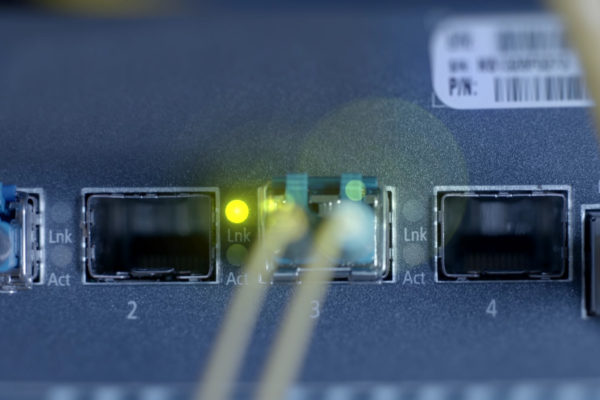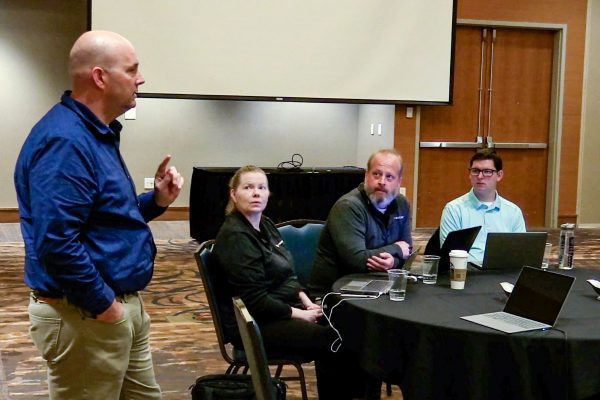
Ignore, for a moment, that cyber criminals who use ransomware are scam artists, and you can find examples of good customer service in their work.
Ransomware thieves might use trickery to deliver their malware, but typically they clearly explain the predicament confronting victims. They explain, step by step, what victims have to do to get their computers unlocked or their files restored.
The scammers have learned to set their ransom rates low enough to at least tempt victims to pay. Some have even shown a willingness to negotiate rates or terms of payment.
“They really pride themselves in good customer service,” says Jake VanDewater, director of managed services and customer premise equipment at SDN Communications in Sioux Falls. “They’ve got to be accommodating enough to ease the path for victims to go forward.”
Of course, there is no guarantee of good service, VanDewater also points out. Paying ransom is not a firm guarantee that victims will get their electronic information restored, he says. The perpetrators, after all, are thieves who are trying to make money by extortion.
VanDewater spoke at two of SDN’s recent Uptime University sessions. One in Sioux Falls attracted more than 125 registrants, and one in Sioux City attracted about 50. Both dealt with the subject of ransomware.
The free informational sessions went well and generated a lot of good questions from audience members, he said. A major concern among those who attended is how to deal with ransomware, which is a form of malware that comes in different variations and different levels of complexity and effectiveness. Some varieties lock up computers; others encrypt files so they can’t be read.
The scammers typically demand payment in anonymous, online currency. Often, they operate from foreign countries, so tracking and prosecuting them is extremely difficult, at best.
National information suggests that ransom demanded from individuals or businesses typically is set at a few hundred dollars. But in some instances, scammers have collected thousands of dollars from businesses. National statistics suggest that 75 percent of victims don’t pay. They give up on the files and start over, which also comes at a significant cost.
The ideal targets are people who don’t back up their computer documents, have files or photographs of significant sentimental value, have limited computer knowledge and are willing to pay. Hundreds of thousands of Americans have been attacked, and the proliferation of connected devices by businesses and consumers gives cyber thieves a growing number of targets.
One indicator of the widespread nature of ransomware is the business opportunities it has created in the underworld. Some vendors on the dark web have started to offer ransomware technology as a service to other thieves.
The FBI hasn’t been consistent in the advice it offers to victims, but lately, the agency seems to be discouraging the payment of ransom. Paying a ransom emboldens cybercriminals to target more organizations and provides an incentive for other criminals to get involved with ransomware, James Trainor, Cyber Division assistant director said in April.
Advance preparation is the best defense against ransomware infections, according to security experts.
- Back up files so that valuable electronic information can be restored.
- Also, take steps in advance to block malware infections.
Companies such as SDN, which provide good customer service for the right reasons, can help. SDN can provide and maintain good security hardware, such as firewalls and routers, to help clients keep infected traffic out of their networks.
But as VanDewater and other experts note, a good network is only as secure as the people who have access to it. Careless employees can unwittingly help hackers circumvent security by, for example, opening a tainted link in an email or accessing an infected website.
SDN encourages organizations to train employees well, keep their training updated, and test workers from time to time to make sure they are adhering to security policy. Access to files also should be limited to those who need it to do their jobs.



